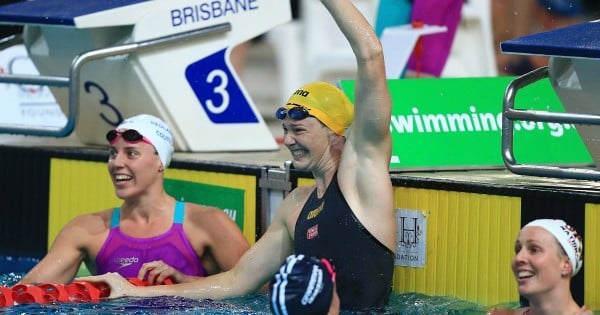“The battle that all athletes face, the successful and the less successful, is the battle of the two big voices that are in their heads.
One that says ‘I’m well prepared, I’m ready to go, I’m focused, I’m composed, I know what I need to do to execute my race plan’…so there’s that voice, which I call the ‘do’ voice.
And then the opposite voice which I think rattles around in the backs of all of our heads, is the ‘don’t’ voice. ‘Don’t make a mistake here, don’t let everybody down, don’t embarrass yourself.'”
As a spectator of the 2016 Rio Olympic Games, there is one question that I haven’t been able to shake:
“How is a human being possibly able to perform under that amount of pressure?”
We have watched human beings run faster than we once thought was biologically possible. We have seen one man win his 23rd gold medal. We’ve watched, in awe, as Simone Biles delivered time after time in the gymnastics, winning four gold medals and one bronze.
But we’ve also watched competitors who hold world records, fail to perform anywhere near their best. We’ve watched teams who were tipped to win, seemingly crack under the pressure. We’ve heard one athlete in particular describe her loss as “the biggest choke in Olympic history“.
Mamamia spoke to one of Australia’s leading sports psychologists, Jeff Bond, who has attended nine Olympic games as an accredited psychologist. In his 22 years with the Australian Institute of Sport he has also attended numerous World Championships and Commonwealth Games. He is best known for his work with Pat Cash and the Australian swim team.









